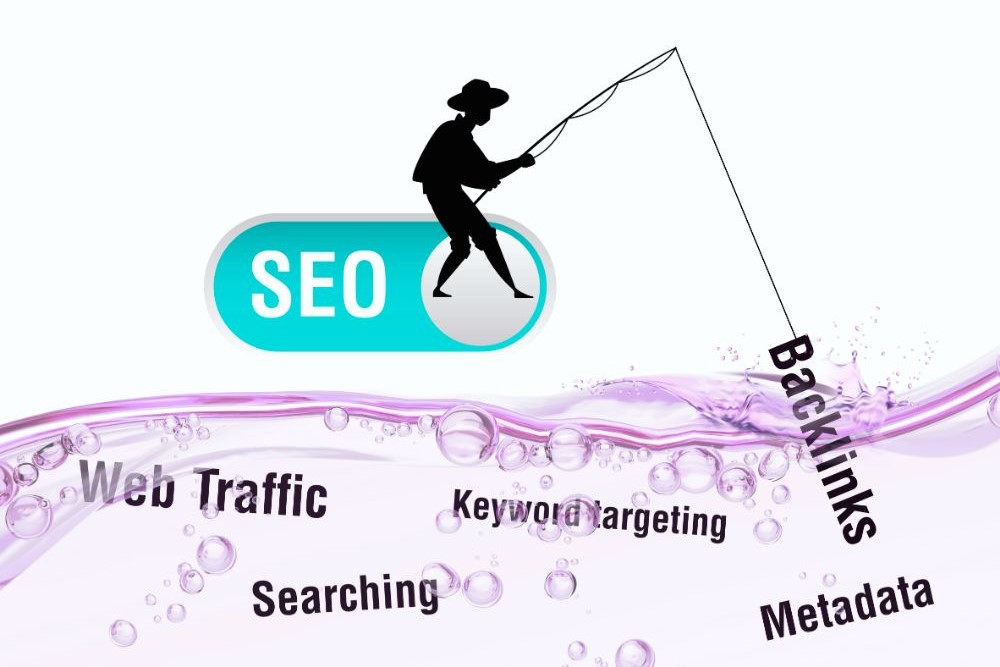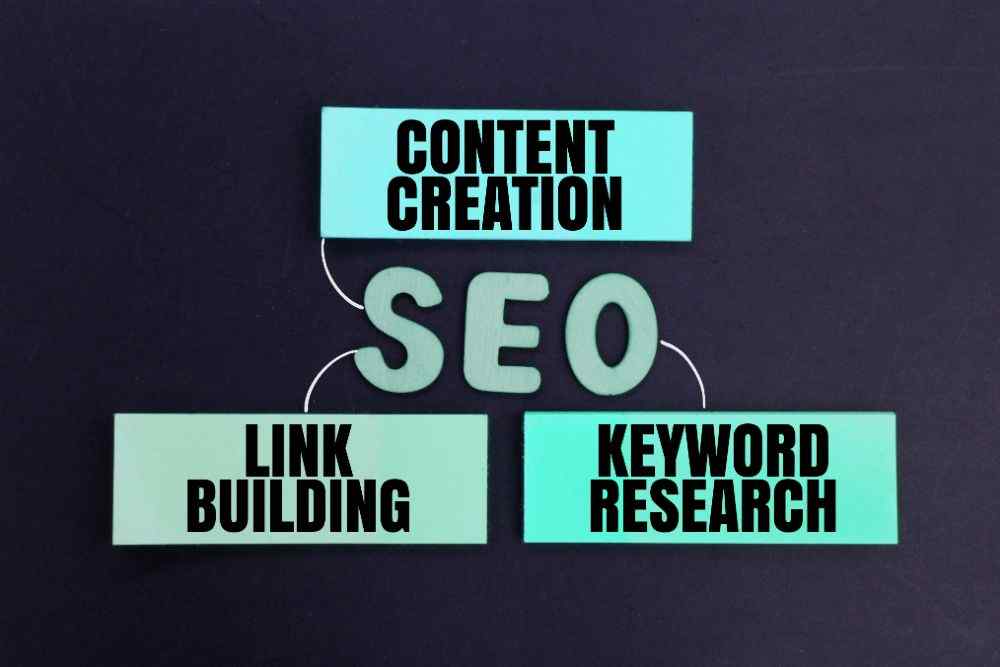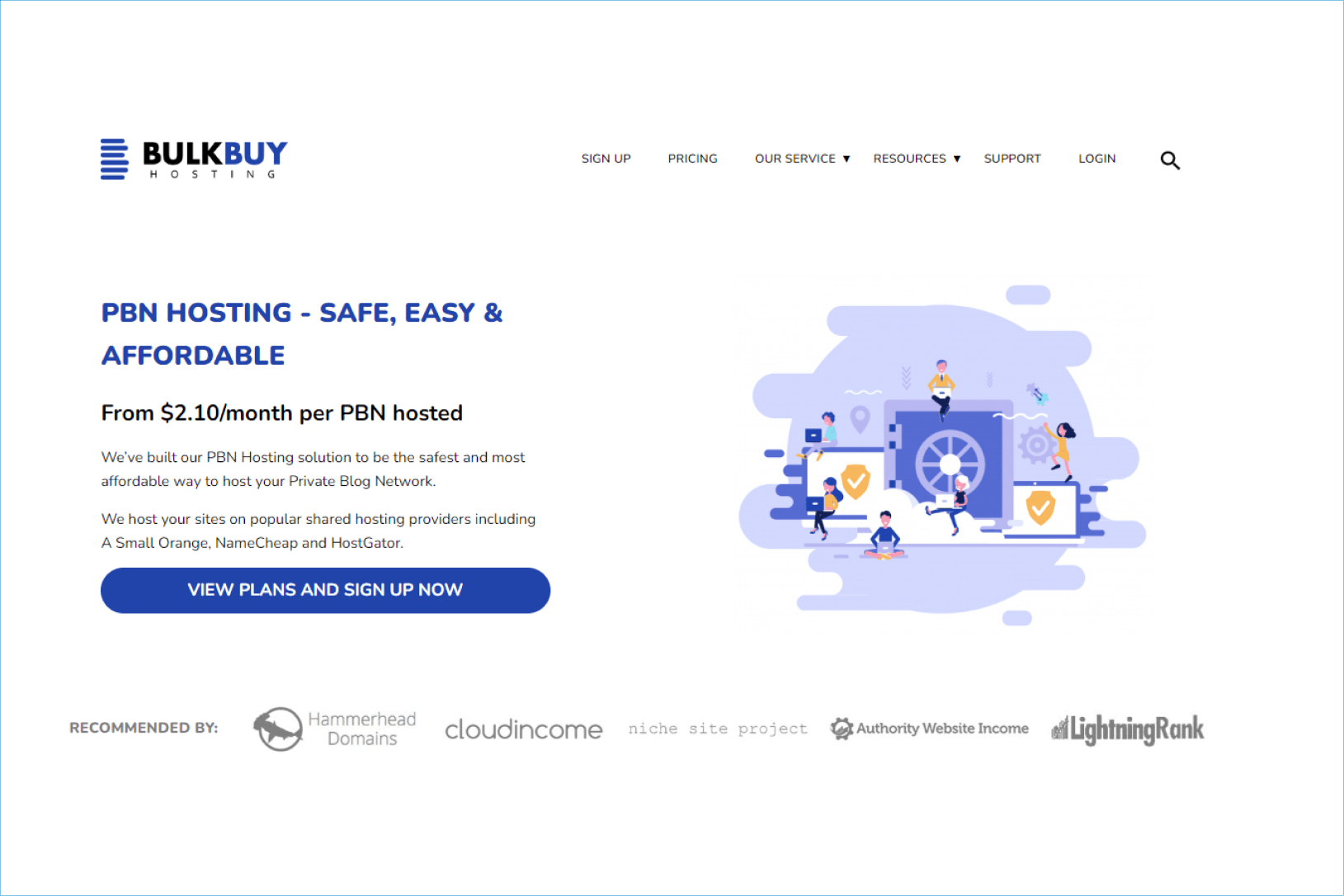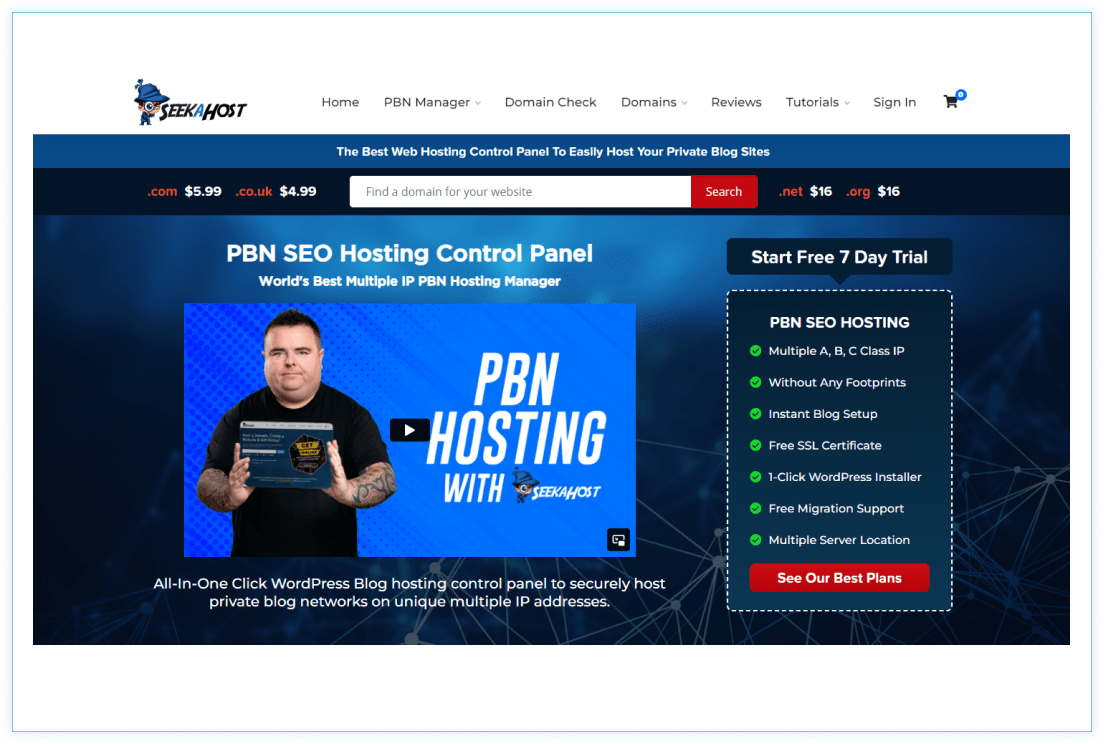
Technical SEO is essential for any business aiming to enhance its online presence. It plays a pivotal role in ensuring a seamless user experience, as factors like mobile-friendliness and fast loading times are not only crucial for search engine algorithms but also for retaining visitors to your site.
In this article, we will delve into the fundamentals of technical SEO, explore its importance, and provide best practices to optimize your website for better search engine performance. Whether you’re a seasoned digital marketer or just starting, mastering technical SEO is vital to achieving long-term success in the digital world.
Key Takeaways
- Technical SEO involves enhancing the technical elements of a website to make it easier for search engines like Google to find, crawl, understand, and index its pages.
- Technical SEO improves user experience by ensuring faster loading times, mobile-friendliness, and robust security measures such as HTTPS.
- Technical SEO is important for ensuring that your website is both search engine-friendly and user-friendly, which helps to achieve higher visibility, traffic, and conversions.
- While technical SEO ensures a website is accessible and functional, on-page SEO optimizes the content for relevance and user engagement, and off-page SEO builds the website’s authority and reputation externally.
What Is Technical SEO?
Technical SEO is a crucial aspect of optimizing a website to ensure it performs well in search engine rankings. It involves enhancing the technical elements of a website to make it easier for search engines like Google to find, crawl, understand, and index its pages. This process not only boosts a site’s visibility but also improves user experience by ensuring faster loading times, mobile-friendliness, and robust security measures such as HTTPS.
The core components of technical SEO include optimizing site speed, ensuring a clean URL structure, and implementing schema markup to help search engines better understand the content. Additionally, technical SEO addresses issues like duplicate content, broken links, and metadata errors, which can hinder a website’s performance in search results.
By focusing on these technical aspects, businesses can lay a strong foundation for their overall SEO strategy, allowing other efforts like content creation and link building to be more effective. Ultimately, mastering technical SEO is essential for any website looking to enhance its search engine rankings and provide a seamless user experience.
Why Is Technical SEO Important?
Technical SEO is important for several reasons, as it forms the backbone of a website’s performance in search engine rankings and enhances user experience. Here are some key points highlighting its importance:
- Improved Indexing and Ranking: Technical SEO ensures that search engines can effectively crawl and index your website. This is crucial because if search engines cannot access or understand your web pages, they won’t appear in search results, regardless of the quality of your content.
- Enhanced User Experience: A well-executed technical SEO strategy improves user experience by optimizing site speed, ensuring mobile-friendliness, and enhancing navigation. These factors not only keep visitors engaged but also signal to search engines that your site provides value, which can lead to higher rankings.
- Increased Traffic and Conversions: By making your site more accessible and user-friendly, technical SEO can lead to increased traffic and higher conversion rates. A fast-loading, secure, and mobile-optimized website attracts and retains more visitors, ultimately boosting business success.
- Foundation for SEO Strategy: Technical SEO sets the stage for other SEO efforts, such as on-page and off-page SEO. Without a solid technical foundation, even the best content and link-building strategies may not achieve their full potential.
Technical SEO vs. On-page SEO vs. Off-page SEO: What are the Differences
Technical SEO, on-page SEO, and off-page SEO are three essential components of a comprehensive SEO strategy, each addressing different aspects of website optimization.
Technical SEO
Technical SEO focuses on optimizing the backend infrastructure of a website to ensure that search engines can crawl and index it efficiently. This includes improving site speed, mobile-friendliness, site architecture, and security features like HTTPS. Technical SEO lays the foundation for a website’s performance by ensuring that it is accessible and user-friendly, which is crucial for search engine rankings.
On-page SEO
On-page SEO involves optimizing the content and elements within a website’s pages to make them more relevant to specific keywords and user queries. This includes keyword research, content creation, meta tags, and internal linking. On-page SEO aims to enhance the user experience and make the content more appealing to both users and search engines, thereby improving visibility in search results.
Off-page SEO
Off-page SEO refers to activities conducted outside of the website to improve its authority and reputation. This primarily involves building high-quality backlinks from reputable sites, as well as engaging in social media marketing and online reputation management. Off-page SEO helps enhance a website’s credibility and authority, which can positively impact search engine rankings.
| Aspect | Technical SEO | On-page SEO | Off-page SEO |
|---|---|---|---|
| Focus | Backend infrastructure and website functionality | Content and elements visible to users | External factors and website authority |
| Purpose | Ensures search engines can crawl and index the site efficiently | Optimizes individual pages for higher rankings and relevant traffic | Enhances website authority and reputation |
| Key Components | Site speed, mobile-friendliness, site architecture, HTTPS security | Keyword research, content creation, meta tags, internal linking | Backlink building, social media marketing, online reputation management |
| Tasks | Improving page load times, XML sitemaps, fixing crawl errors | Optimizing titles, headings, and images; enhancing content quality | Acquiring high-quality backlinks, engaging with social media |
| Impact | Affects how search engines access and understand the site | Affects how relevant and valuable the content is to users | Affects the website’s credibility and authority in search engines |
| Goal | Provides a solid foundation for overall SEO strategy | Enhances content to meet user queries and search engine criteria | Builds trust and authority, leading to improved search rankings |
In summary, while technical SEO ensures a website is accessible and functional, on-page SEO optimizes the content for relevance and user engagement, and off-page SEO builds the website’s authority and reputation externally. Together, these strategies form a holistic approach to improving a website’s performance in search engine results.
Key Elements of Technical SEO
Technical SEO is all about ensuring that search engines can efficiently crawl, index, and interpret your website. Here are the key elements of technical SEO:
Crawlability
Crawlability is a fundamental aspect of technical SEO, ensuring that search engines can access and navigate your website effectively. This involves optimizing your site’s structure and using tools like robots.txt files to guide search engine crawlers to the most important pages.
Indexation
Indexation is closely related, focusing on making sure that search engines can index your web pages properly. This ensures that your content appears in search results, which is essential for visibility.
Page Speed
Page Speed is another critical element, as it refers to how quickly your web pages load. Faster loading times enhance user experience and are a ranking factor for search engines. Optimizing images, leveraging browser caching, and minimizing code are some ways to improve page speed.
Mobile-Friendliness
Mobile-Friendliness is essential in today’s digital landscape, as mobile traffic accounts for a significant portion of web traffic. Ensuring that your website is optimized for mobile devices can improve user experience and search rankings.
Site Security (SSL)
Site Security (SSL) involves using HTTPS to secure your website. This not only builds trust with users but is also a ranking factor for search engines, making it a vital component of technical SEO.
XML Sitemaps
XML Sitemaps provide a roadmap for search engines to find and index all important pages on your site. This helps search engines to discover all relevant content.
URL Structure
URL Structure involves creating clean, readable URLs that incorporate relevant keywords. This improves both user experience and search engine understanding of your site’s content.
Structured Data
Structured Data helps search engines understand your content better and can make your site eligible for rich results, enhancing visibility in search results.
Duplicate Content
Duplicate Content management ensures that your site does not have multiple pages with the same content, which can confuse search engines and dilute rankings.
Canonical Tags
Using Canonical Tags can help prevent duplicate content issues by specifying the preferred version of a webpage.
Site Architecture
Site Architecture refers to how your website’s pages are organized. A well-structured site, ideally with a flat architecture, facilitates crawling and improves both user experience and search engine efficiency. These elements collectively form the backbone of a robust technical SEO strategy.
How to Get Started with Technical SEO
Getting started with technical SEO involves understanding and implementing several key strategies to optimize your website’s backend and improve its visibility and performance in search engine results.
- Understand the Basics: Begin by familiarizing yourself with the fundamental concepts of technical SEO, such as crawlability, indexation, and site architecture. These elements ensure that search engines can access, understand, and rank your web pages effectively.
- Optimize Site Speed: Page speed is a critical factor for both user experience and search engine rankings. Ensure your website loads quickly by optimizing images, leveraging browser caching, and minimizing code. A faster site not only improves user satisfaction but also helps in achieving better rankings.
- Ensure Mobile-Friendliness: With a significant portion of web traffic coming from mobile devices, it’s essential to have a mobile-responsive design. This ensures that your site provides a seamless experience across all devices, which is a ranking factor for search engines. You can read our article Why is Mobile SEO Important?.
- Implement Security Measures: Use HTTPS to secure your website. This builds trust with users and is a ranking factor for search engines. Ensuring your site is secure is a fundamental aspect of technical SEO.
- Utilize Structured Data: Implement structured data to help search engines understand your content better. This can make your site eligible for rich results, enhancing visibility in search results.
- Create an XML Sitemap: An XML sitemap acts as a roadmap for search engines, guiding them to all the important pages on your site. This ensures that your content is discoverable and can be indexed properly.
- Organize Your Site Architecture: A well-structured site with a clear hierarchy helps both users and search engines navigate your content. Use a flat structure, breadcrumb navigation, and a logical URL structure to facilitate this.
By focusing on these key areas, you can lay a strong foundation for your website’s technical SEO, ensuring it is both search engine-friendly and user-friendly. This foundational work is crucial for achieving better search engine rankings and enhancing overall site performance.
Conclusion
Technical SEO is the backbone of your digital marketing strategy. By optimizing key areas like site speed, mobile-friendliness, security, and crawlability, you make it easier for search engines to find and rank your content, boosting visibility and enhancing user experience.
As the digital world changes, keeping up with technical SEO is essential for staying competitive. Regular updates ensure your site remains optimized and ready to succeed. Embrace technical SEO to unlock your site’s full potential and achieve your marketing goals.















































































